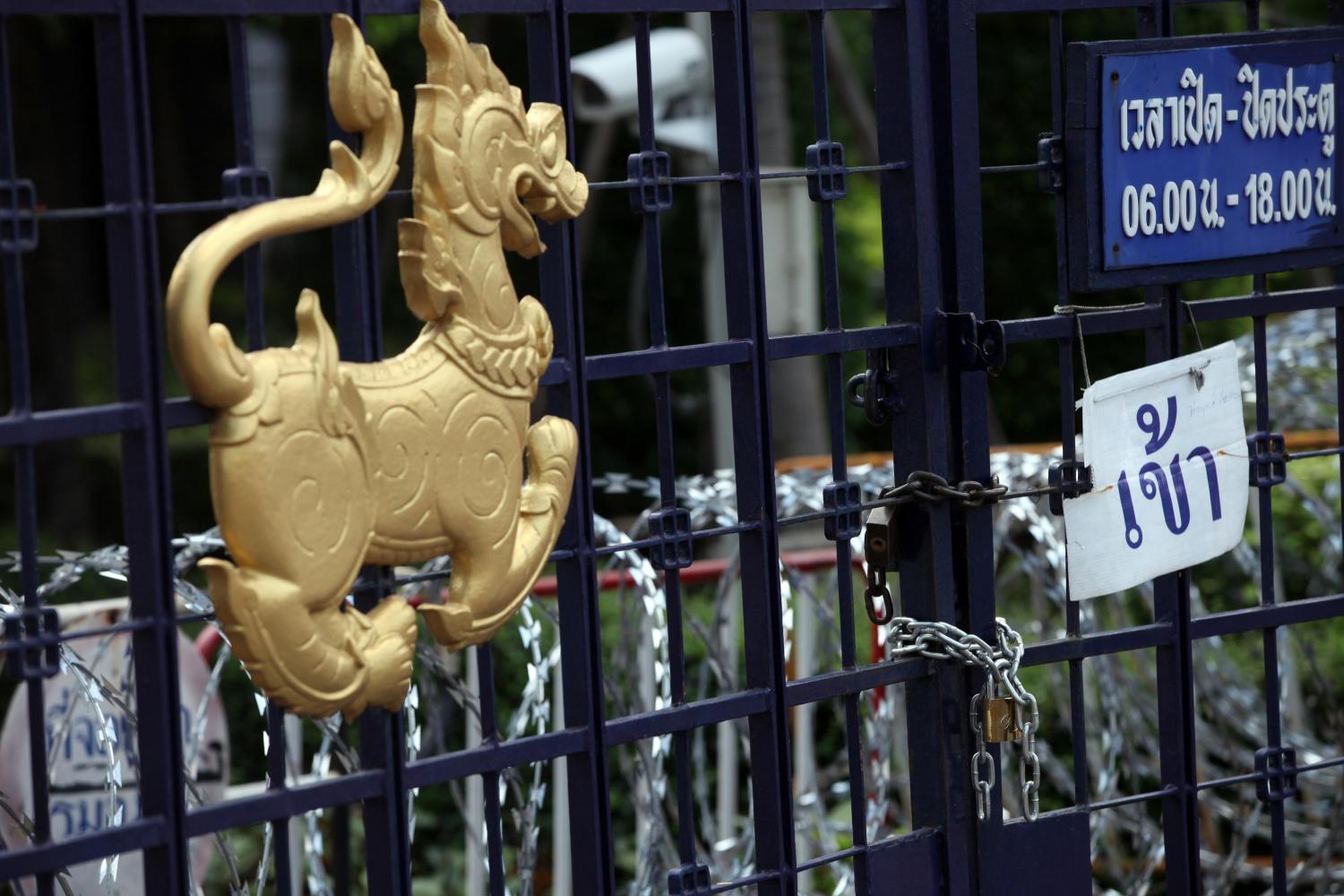
Economic development in Thailand has not just been a responsibility of the central government, but its exclusive domain. Thus, the management inventiveness and fiscal autonomy of local governments for this function are often shackled by the rules, regulations and orders from the bureaucrats within the central government agencies or by those at the provincial level.
Thai and foreign scholars have found that Thai bureaucrats are often the roadblocks that prevent the Local Administration Organisations (LAOs) from capitalising on the benefits that could be derived from decentralisation for increasing accountability and responsiveness to the needs of the citizens, thus hindering the economic development of the country. So, what are the functions of LAOs in Thailand?
The Thai Department of Local Administration allows its LAOs to carry out seven broad and nebulous groups of tasks: infrastructure development, life quality promotion, community organising and orderliness, and natural resource and environment conservation and protection, local politics and governance, education promotion, and disaster prevention and mitigation.
They are prohibited from doing things that are not in that list without the specific approval of the central government. Quite often, LAOs find it difficult to initiate action programmes to respond to the needs of local residents that would not be interpreted as under the responsibility or an exclusive authority of central government agencies by the State Audit Office.
To the administrators of LAOs, nothing is more appalling and discouraging than, after trying hard to be accountable and responsive to the needs of local residents, having a state auditor rule that the disbursement of local government funds was illegitimate, and the money spent had to be returned to the state coffers. All of them live in fear of unannounced inspections by the State Audit Office, even those who have acted in the best interests of their citizens. This can stifle the imagination and initiation of the local leaders, leading to perception of a lack of usefulness of LAOs.
LAOs in the advanced and higher economic growth countries have been instrumental in economic development. As of now, with the advent of decentralisation in many developing countries, many of their LAOs have been actively involved in promoting local economic development. The contributions of LAOs in Thailand could be greater if more administrative and fiscal autonomy were granted to allow them to play a vital role, not only as a full partner but as an active agent, in national economic development.
Many leaders of LAOs in Thailand, while recognising the need to reduce or mitigate the problem of poverty in their areas, do not see local economic development as their responsibility, nor do they know what to do to promote the economy if they were so inclined. If pressed for ideas on local economic development, they might come up with trivial solutions like building a central market for local residents to buy or sell products at or providing a pushcart so a person could earn money as a local vendor. Some may know of training programmes for basic occupational or skills improvement, but they are afraid that doing something of this nature would violate central government authority and deviate from the culture of supervision and strict control of central government agencies. They have little sense of how to think about attracting investors or helping local companies to grow, not to mention helping local residents start businesses.
On a global perspective, the World Bank and UNDP have special programmes to promote locally led economic development. The United States and some other developed countries have adopted "Economic Gardening" (EG) as an entrepreneurial approach to economic development that seeks to grow the local economy locally.
For this concept to be adopted, the central government must allow the LAOs to develop entrepreneurial skills and set up local companies that bring new wealth and economic growth to local areas through newly created jobs, increased revenues, and ultimately vibrant local businesses. EG focuses on growing and nurturing local businesses with local resources rather than hunting for foreign investors. Foreign investors are often temporary and will eventually move to other countries when the cost of local labour rises due to scarcity of skilled labourers coupled with rising costs of labour, thus condemning Thailand to remaining a middle-income country.
To adopt the EG approach, Thailand must be well-prepared. There are many elements that must be developed, taking into consideration the uniqueness and the needs of each specific community. EG must not be a political agenda or be treated as a political marketing strategy with handout economic packages under some populist policies given to addict the citizens, a practice that has plagued Thailand for nearly two decades.
To implement EG involves four initial steps. First, it requires the fair allocation of financial resources from central and local governments. Second, formal and effective checks and balances between the central and local governments that allow for adequate consultation and a regular flow of accurate information at all levels must be developed. Third, it requires community support with the full participation of citizens. Fourth, a collaborative effort among resource partners, individuals within and outside the community who possess the assets and are willing to take part in the project. The central questions in this step are: By whom and how will the programme be funded? What resources will each partner contribute to the EG venture? What is a system-wide operating system? There are other details, but the most important thing is to have an EG policy and buy-in from the central government.
With this backdrop, the focus of economic development in Thailand should, therefore, be shifted to the local level. While decentralised management and fiscal autonomy is the underlying assumption for the success of locally led economic development, it may be naive to think that this will be feasible in Thailand, given its centralised bureaucracy. However, Thailand should conceive of this venture with the realisation that locally led economic development can hasten the process of political and administrative reforms that Thais have longed for, but which have eluded them for so long.
